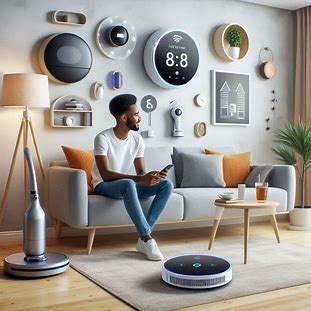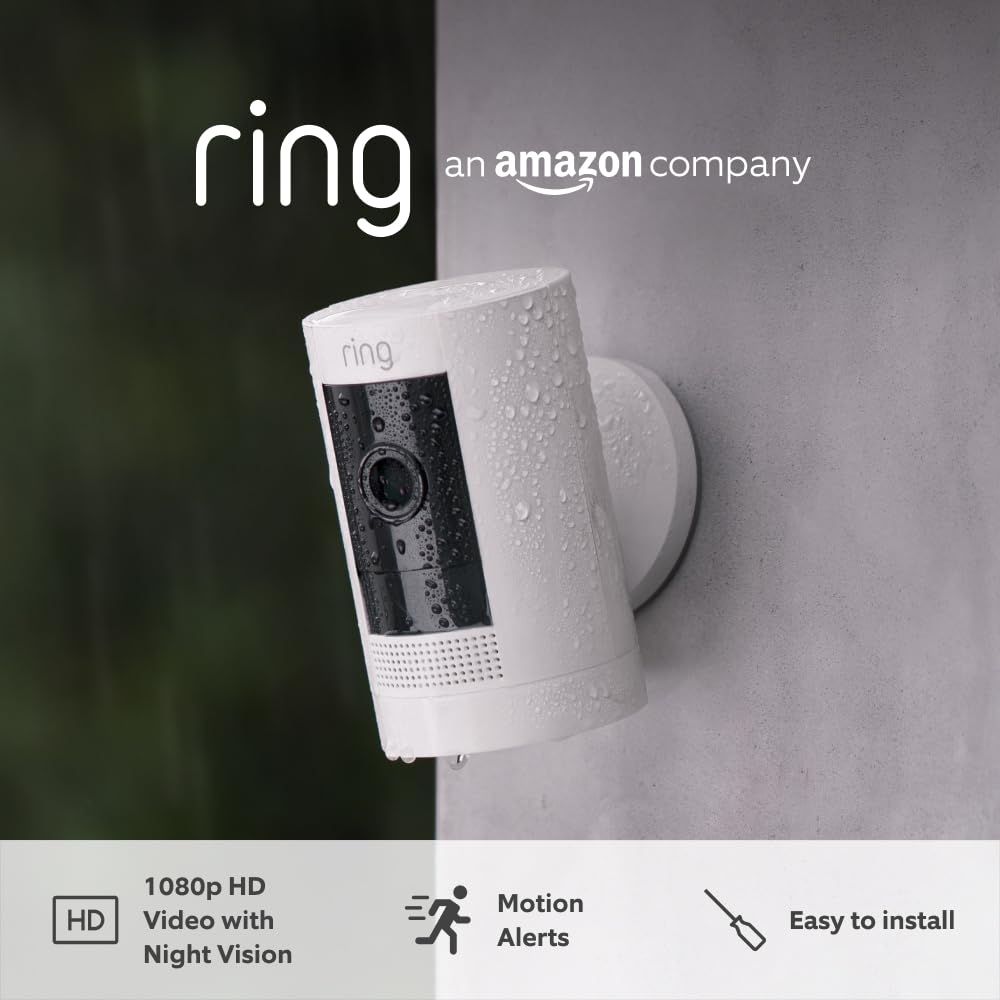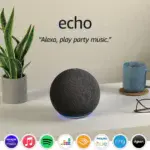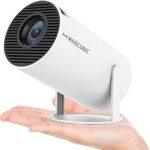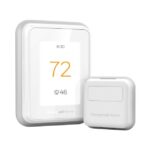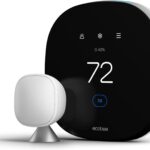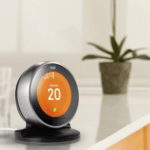Smart home technology has come a long way since the days when clapping your hands to turn off the lights felt like the height of sophistication. Today, it’s all about creating an interconnected network of devices that make your life easier, safer, and more efficient.
The heart and soul of a smart home lie in its interconnected gadgets, like lighting systems, thermostats, security cameras, and even appliances you can control with your voice or a swipe on your phone. These devices aren’t just cool for the tech-savvy crowd – they’re becoming essential tools that adapt to your daily routines and needs.
With the Internet of Things (IoT) expanding, smart homes are becoming more common, turning regular houses into highly adaptive living spaces that offer unprecedented convenience. And it’s not just about flashy gadgets. These systems can learn your habits, adjusting the environment based on your preferences without you lifting a finger.
The benefits are huge. Imagine walking into your home, and the lights adjust to your preferred setting, the thermostat kicks in to your favorite temperature, and your favorite music starts playing. It’s like having a personal assistant that’s always one step ahead of you.
Market trends show a steady increase in the adoption of these technologies. More people are turning to smart home solutions not only for the wow factor but also for practical benefits like energy savings and enhanced security. The home tech market is booming, with innovations being introduced almost daily, making smart homes more intelligent and user-friendly.
In summary, the smart home revolution is more than just a trend – it’s a step toward a more connected and harmonious way of living.
Exciting Innovations: Emerging Trends in Smart Home Technology

The world of smart home technology is evolving rapidly with some super cool advancements taking the stage. Artificial Intelligence (AI) and machine learning are reshaping how our homes ‘think’ and react. Devices are now learning our habits and preferences, offering personalized experiences that make everyday life easier and more enjoyable.
Home automation is also stepping up its game. Imagine controlling everything from lighting to security systems such as smart locks with just a tap on your phone or a simple voice command. AI-driven automation systems are becoming more intuitive, predicting your needs and adjusting settings without you needing to intervene. It’s like living in a house that anticipates your every move.
Voice control is on the rise, with smart speakers and virtual assistants like Alexa, Google Assistant, and Siri becoming household staples. These virtual helpers can now do more than just play your favorite tunes or set reminders; they’re integrating seamlessly with other smart devices to create a more cohesive and user-friendly environment.
Interoperability is another big buzzword. Different brand gadgets are increasingly working together without a hitch. This means you don’t have to stick to one brand for all your smart devices. You can mix and match to suit your preferences, and everything will still communicate perfectly.
Sustainability and energy efficiency are also driving innovations in smart home tech. More devices are being designed with eco-friendliness in mind, helping to reduce energy consumption and minimize our environmental footprint. Smart thermostats, Smart locks, lighting systems, and even water management systems are becoming more efficient, making green living easier.
Embracing these emerging trends isn’t just about having the latest gadgets; it’s about improving the quality of life, gaining peace of mind, and contributing to a more sustainable future.
Enhancing User Experience: Benefits and Challenges of Smart Home Technology

The shift toward smarter homes doesn’t just bring convenience; it also brings a number of benefits that enhance daily living. Imagine the comfort of adjusting your home settings without getting up from the couch or scheduling mornings where your coffee is brewed before your feet touch the floor. But, like with any tech, there are some challenges to keep in mind.
One of the best perks of smart home technology is its ability to boost security. From smart locks that you can control remotely to cameras that notify you of any activity, your home becomes a fortress that’s always under your supervision. It’s hard to put a price on that peace of mind.
Customization options make these gadgets even more appealing. Tailoring your home environment to match your lifestyle preferences turns a smart home into a personal sanctuary. From lighting that adapts to your mood to thermostats that learn your heating and cooling patterns, the level of personalization available is mind-blowing.
While the benefits are vast, there are also some hurdles to navigate. The biggest one being security risks. Smart devices, if not properly protected, can become entry points for hackers. Ensuring your network and devices are secure is critical. Using strong, unique passwords and keeping your software up to date can help safeguard your system.
Privacy is another hot topic. With devices constantly collecting data to provide better service, there’s always a concern about how this data is used and who has access to it. Being aware of privacy settings and regularly checking permissions can help maintain control over your personal information.
Despite the hurdles, embracing smart home technology can lead to a more efficient, secure, and personalized living experience. Balancing the benefits with the potential challenges involves staying informed and proactive about security and privacy.
A Glimpse into the Future: Upcoming Developments and Predictions
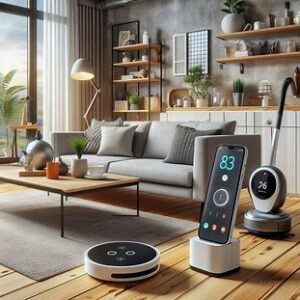
Get ready for some game-changing advancements in smart home technology over the next few years. Experts predict we’ll see some serious leaps in how these devices integrate with our lives and change the way we interact with our homes.
One major development to look out for is the influence of 5G technology. This next-gen wireless network promises faster speeds and more reliable connections, which means smarter smart homes. Everything from security systems to entertainment setups will work more smoothly, with less lag and better performance.
Healthcare within our homes is another area set to see innovative progress. Imagine devices that monitor your health in real-time or smart mirrors that analyze your skin’s condition. These improvements could lead to better, more personalized healthcare without even stepping out of your front door.
The real estate market is already feeling the impact of smart homes, and this trend is only set to grow. Future homebuyers will likely expect smart features as standard, influencing home design and increasing property value. Builders and developers are already starting to incorporate smart tech directly into new builds, making the homes of tomorrow both stylish and super functional.
As consumer expectations continue to evolve, the demand for more advanced and intuitive smart home solutions will rise. People are looking for tech that blends seamlessly into their lives without the hassle of complicated setups. Smart home devices will need to become even more user-friendly, focusing on simplicity, integration, and automation to meet these growing demands.
